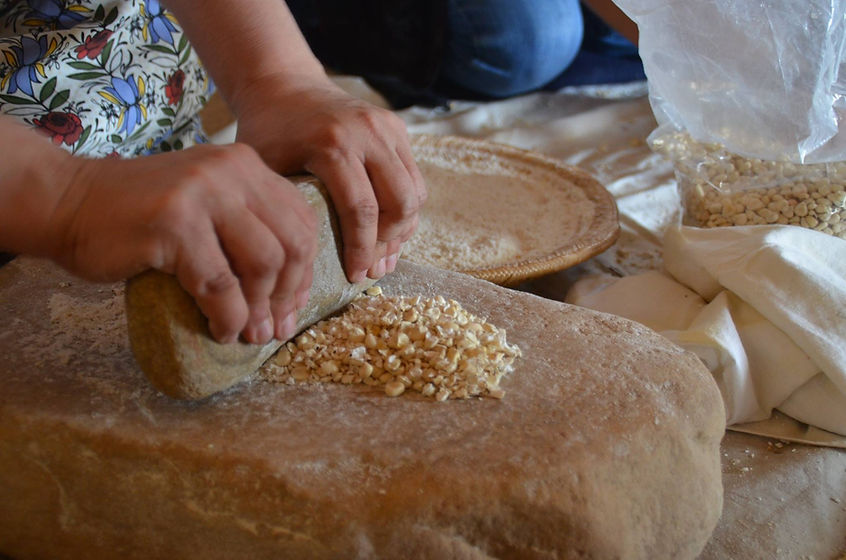An Indigenous Knowledge course for anyone and everyone.
Culitvating personal, societal and ecological healing
100% of the proceeds from our next class will go towards a fund that protects natural springs and other water resources at the base of Sisnaajini (Mount Blanca, Colorado).
$40-$70 sliding scale optional donation, no one turned away for lack of funds.
This Medicine Theory course explores three main foci:
NEXT MEDICINE THEORY COURSE
December 14th 2019, 1-3pm (PST)!
(2-4 pm Mountain, 3-5 pm Central, 4-6 pm Eastern)
All registrants receive class materials and the class recording in case they cannot meet at this time.

Tell me and I’ll forget. Show me, and I may not remember.
Involve me, and I’ll understand.
Anonymous

Course Description
This course discusses the application of Indigenous technology - language, food,
prayer, culture - to address today's most pressing problems.
Note: While we certainly cannot speak on behalf of Indigenous peoples as a whole,
we can share our understandings as native language learners raised in the ceremonial
contexts and lifeways of our people.
We embark on this course with a sincere intention to help humanity find its way while at the same time raising funds and awareness for important Indigenous projects.
1. Indigenous Solidarity
Have you ever wanted to be more supportive and involved in struggles for Indigenous health and wellbeing, but didn’t know how? This portion of the class will provide students with some best practices and faux pas when assisting Indigenous Nations. We will talk about the importance of helping the original stewards of the land you live on, some creative initiatives to bring Western society into service of local Indigenous communities, how to approach Indigenous communities and more.

2. Indigenous Hydrology
While there were some deviations from this norm, the majority of sustainable Indigenous civilizations do not build major dams, drill water wells or divert large amounts of water. How then, did and do these civilization work with water in a manner that sustained their nations for thousands and thousands of years. We will go over the physical, symbolic and spiritual properties of water, common proverbs as they relate to water, floodplain irrigation, strategic placement of settlements and an ethic that trusts that what the snow and rain provides is enough. Hopefully this can help us think differently about water today and bring us into greater harmony with sacred water.

3. Indigenous Climate Resilience
Related to Indigenous Hydrology, we will explore ways in which various Indigenous societies are already ready for uncertain climatic futures. We will go in depth into the genius of diversifying food sources, as well as the importance of weaving strong kinship networks. We will provide some thought experiments that highlight the vast importance of working collaboratively and strategic as a human society. We will also touch on the role of ceremony and spirituality in regulating the climate and the importance of prayer in forging a path forward for future generations. Lastly, we will discuss Creation Stories and how they document the end of certain worlds and how the people managed to survive and thrive in the face of these transformations.


YOUR INSTRUCTOR
Lyla June is a poet, musician, anthropologist, educator, public speaker and community organizer of Diné, Cheyenne and European lineages. Her dynamic, multi-genre presentation style has invigorated and inspired audiences across the globe towards personal, collective and ecological healing. She blends studies in Human Ecology at Stanford, graduate work in Indigenous Pedagogy, and the traditional worldview she grew up with to inform her perspectives and solutions. She is currently pursuing a doctoral degree in Indigeonus Studies. Her research focus lies at the intersection of Indigenous land management and Indigenous food systems.
